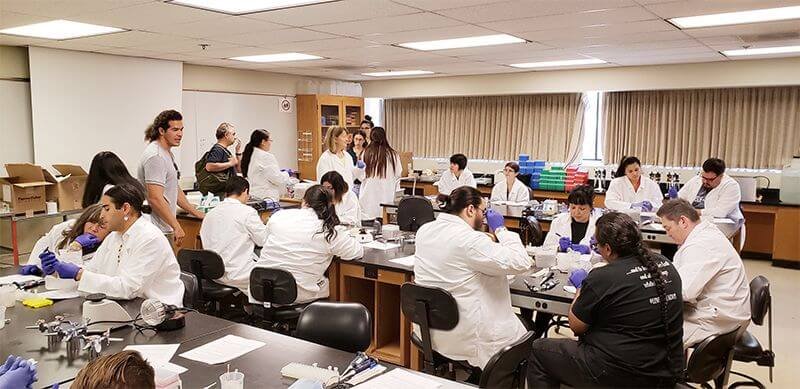For the past 30 years, human genomics has made exciting advances in reconstructing population history and identifying which genes make a person susceptible to a specific disease. But most genome studies have focused on people of European descent….
There have been a number of efforts to increase genome diversity. In 2010, the US National Institutes of Health (NIH) and the Wellcome Trust in London launched the Human Heredity and Health in Africa (H3Africa) initiative, which supports Africa-led genome research.
…
Concerns about the misuse of DNA have caused some communities to refrain from participating in genetic studies. And scientists can be hesitant to reach out, even to those groups that are willing to take part.
…
A handful of Indigenous and non-Indigenous scientists are trying to stop this cycle of disengagement. In 2011, Ripan Malhi, a molecular anthropologist at the University of Illinois at Urbana–Champaign, launched the Summer Internship for Indigenous Peoples in Genomics (SING). The yearly, week-long course is taught mostly by Indigenous faculty members, and enables people from Indigenous communities … to learn about genomics and discuss its uses and misuses.
Since its start, SING has trained nearly 150 participants… . Some of its alumni have gone on to obtain PhDs in genetics and to start their own laboratories.
Read full, original post: Facing up to injustice in genome science































